Here’s our round up of the news from the last couple of weeks.
Parliamentary News
David Thomas, a co-founder of the Oak National Academy, has been appointed as a part time policy adviser to Education Secretary Nadhim Zahawi. His policy brief will focus on recovery, academies and remote education. Former free school founder Mark Lehain has been appointed as Zahawi’s policy special adviser.
All change at the OfS
The OfS have announced that chief executive, Nicola Dandridge, will leave the regulator at the end of April 2022. This was anticipated as Dandridge’s original term was extended for one year to cover the period to April 2022. The recruitment of her successor will be closely watched with many a keen eye judging the impartiality of the process.
But in the meantime, they are not wasting any time, as they have launched a consultation on their next year strategic plan. The contents are not very surprising given what we have been hearing from them and from Ministers. There is a Wonkhe article here which is a little bit critical….
- What’s missing? An opportunity to say something on sector cohesion and co-regulation has been missed. There should really have been something about external pressures – the recovery and change as a result of Covid-19, the wellbeing of staff, the incoming demographic pressure on the system.
- If you were writing a new strategy for anybody involved in English higher education, your environmental analysis would include the potential government response to the Augar report and the incoming Lifelong Loan Entitlement … You will search the strategy consultation in vain for more than a single line noting the LLE might be a thing. So maybe a goal around delivering and supporting systemic changes. And another about working in partnership with other agencies.
- There’s a school of thought that would suggest waiting until you have all your senior roles filled before you wrote a strategy – the whole point of recruiting good board members and directors is to let them have an input into things like this, surely?
- .. Now if you were an organisation whose principal beneficiaries were named in your title, you might reasonably set about involving those beneficiaries in determining those priorities, right?… Nothing. Nada. Even the paternalism doesn’t sound especially benevolent this time around. There’s a couple of pages reminding us that 25 different directions in ministerial guidance letters have helped shape the strategy, both not a single word on how students have.
Anyway, extracts from the consultation proposal are here. As well is what is missing, we invite you to form your own views on how chilling it is. Spoiler: it’s chilling.
Regulatory approach
Our approach is based on a set of minimum expectations that we refer to as the ‘regulatory baseline’.
- The regulatory baseline is a set of regulatory expectations that represent the minimum performance to which students and taxpayers are entitled. The baseline is predominantly expressed through our conditions of registration and all providers are required to satisfy these. We also use statements of expectation and other tools to express this minimum level of performance from providers to which students and taxpayers are entitled.
…During the next strategic period, our work will be strongly focused on ensuring that providers are meeting these expectations. Performance that falls below our regulatory baseline fails students, who contribute through their time, effort and fees. It fails taxpayers, who support a significant investment of public funds through grants and subsidised loans. It also fails to deliver the objectives set out in our regulatory framework.
We use a range of regulatory approaches to secure compliance with the baseline: setting clear expectations for compliance with our conditions of registration; taking proportionate action to secure compliance with this baseline, escalating enforcement action where it is breached; and intervening where a provider is at risk of dropping below it. We also communicate information and use influence to incentivise compliance with the baseline.
Where it is proportionate to do so, we regulate to ensure that providers cannot continue to access student loan funding, grant funding, and degree awarding powers, if their performance falls below this baseline.
In regulating providers against this baseline, we use a risk-based and proportionate approach. This means that we prioritise and act according to the risk posed to students and taxpayers, and that our interventions are proportionate to that regulatory risk. This approach enables us to minimise burden on providers where possible: providers that represent low risk to students and taxpayers will experience lower regulatory burden.
Above the baseline, we believe that autonomous providers making their own decisions is the best way to ensure the sector can flourish and innovate. We do not prescribe how universities and colleges should operate beyond our minimum requirements, and most of our activity will be designed to ensure that providers meet these expectations.
We will, however, influence and incentivise providers to perform beyond our minimum requirements over the next strategic period. Student choice has a significant role in shaping the sector to respond to students’ needs and goals: effective information, advice and guidance plays a major role in driving high quality outcomes. We will therefore take steps to ensure that students and their advisers have access to relevant and targeted information to inform their choices about whether, what and where to study.
We will also use other methods. For instance, in using our funding powers to incentivise certain outcomes or through such mechanisms as the TEF.
Areas of focus
The two areas that we will focus on from 2022 to 2025 are quality and standards, and equality of opportunity. … These areas of focus are important in their own right, and they have only become more so in the context of the coronavirus pandemic. In response to the pandemic, we paused some of our reporting requirements as higher education providers adapted to the novel and fast-moving environment. As we transition out of the early stages of the pandemic over the next strategic period, we know that quality and standards will be of utmost importance to students. Many have faced significant disruption to their education during the pandemic, while new opportunities have emerged from the significant change that came with it. Meanwhile, gaps in opportunity have for the most part stagnated or widened during the last two years, and longer-term effects are still unclear, adding further imperative to focus on this area.
Goals
Quality and standards
- Students receive a high quality academic experience that improves their knowledge and skills, with increasing numbers receiving excellent provision.
- Students are rigorously assessed, and the qualifications they are awarded are credible and comparable to those granted previously.
- Providers secure free speech within the law for students, staff and visiting speakers.
- Graduates contribute to local and national prosperity, and the government’s ‘levelling up’ agenda.
Equality of opportunity
- Students’ access, success and progression are not limited by their background, location or characteristics.
- Prospective students can choose from a diverse range of courses and providers at any stage of their life, with a wide range of flexible and innovative opportunities.
- Providers act to prevent harassment and sexual misconduct and respond effectively if incidents do occur.
- Providers encourage and support an environment conducive to the good mental health and wellbeing that students need to succeed in their higher education.
Enabling regulation
- Providers are financially viable and sustainable and have effective governance arrangements.
- Students receive the academic experience they were promised by their provider and their interests as consumers are protected before, during and after their studies.
- The OfS minimises the regulatory burden it places on providers, while ensuring action is effective in meeting our goals and regulatory objectives.
Is University worth it?
The University All Party Parliamentary Group (supported by Universities UK) published Is university worth it? Young people’s motivations, aspirations and views on student finance. The Group commissioned this research to gather better evidence of prospective students’ views on the student finance system as it stands, potential reforms to the system and the post-18 education options available to them. They found that less affluent students could be worst hit by a reduction in the number of universities or the number of courses on offer. Read more – there is a good short summary of the report available on the APPG website.
Research
The Spending Review reconfirmed the Government’s intentions for research but lengthened the timescale, speech:
So we will also invest more in innovation. The UK is already a world-leader. With less than 1% of the world’s population, we have 4 of the world’s top 20 universities; 14% of the world’s most impactful research; And the second most Nobel Laureates. We want to go further.
I can confirm we will maintain our target to increase R&D investment to £22bn. But in order to get there, and deliver on our other priorities, we’ll reach the target in 2026-27. Spending, by the end of this Parliament, £20bn a year on R&D. That’s a cash increase of 50%. The fastest increase ever. And I can confirm for the House that this £20bn is in addition to the cost of our R&D tax reliefs. Combined with those tax reliefs, total public investment in R&D is increasing from 0.7% of GDP in 2018 to 1.1% of GDP by the end of the Parliament.
How does 1.1% compare internationally? Well, the latest available data shows an OECD average of just 0.7%. Germany, investing 0.9%. France, 1%. And the United States, just 0.7%. This unprecedented funding will:
- Increase core science funding to £5.9bn per year by 2024-25, a cash increase of 37%.
- Meet the full costs of associating with Horizon Europe;
- Establish the new Advanced Research and Invention Agency with £800m by 2025-26.
- And strengthen our focus on late-stage innovation, increasing Innovate UK’s annual core budget to £1bn……double what it was at the start of the Parliament.
More detail:
BEIS will receive £14.2 billion for R&D funding by 2024/25, an increase of £3 billion from 2021/22. As a result, core science funding to National Academies, universities and research institutions will rise to £5.9 billion by 2024/25. The Department of Health and Social Care (DHSC) will receive £5 billion by 2024/25 to fund health research via the National Institute of Health Research (NIHR), with £2 billion spent in 2024/25.
Other key announcements include:
- £2.1 billion will be allocated for association to the Horizon Europe funding programme;
- The Overseas Development Assistance (ODA) budget, which contains funding for research, will return to 0.7% of GDP by 2024/25;
- The new Advanced Research and Invention Agency (ARIA) will receive £800 million by 2025/26, with £50 million in 2021/22.
- In addition, £95 million will be invested in increasing the uptake of innovation in the NHS and £30 million invested in in research skills and training, which will focus on improving diversity by increasing the number of life science researchers from under-represented groups. NHS England will receive £5.9 billion to help clear the backlog of patients waiting for tests and treatments. Genomics England will launch a pilot scheme to detect rare diseases, Generation Genome, which aims to sequence 100,000 new-borns; and a Diverse Data project will aim to tackle healthcare inequalities by increasing the proportion of under-represented groups in genomics research.
ARIA: The Committee stage of the Advanced Research and Invention Agency Bill in the House of Lords is scheduled to begin from 17 November.
Clean Tech: The Prime Minister has launched an international plan to accelerate the delivery of affordable clean technologies worldwide by 2030. Modelled on the UK’s Net Zero Strategy, the Agenda will see countries and businesses coordinate and strengthen their climate action each year to dramatically scale and speed up the development and deployment of clean technologies and drive down costs this decade. The aim is to make clean technologies the most affordable, accessible and attractive choice in each of the most polluting sectors by 2030, especially supporting the developing world to access the innovation and tools needed to transition to net zero.
Innovation: The Council for Science and Technology have written to the Prime Minister giving advice on encouraging scale up investment in innovative science and technology companies.
Parliamentary Question: Shared prosperity fund
Admissions
It was confirmed that 2022 exams will go ahead with results to be released on the usual days. Meanwhile Ofqual published details of the contingency arrangements for awarding Teacher Assessed Grades (TAGs) for use in the event that exams are not able to go ahead in summer 2022 due to the pandemic. Ofqual’s document follows the Sept-Oct 2021 consultation on the arrangements – responses highlighted the following themes:
- The importance of clear and timely communication around the decision to implement contingency plans, including establishing the level of disruption required before implementing TAGs nationally and providing sufficient notice ahead of this.
- Exam boards should take a greater role in any TAG process in 2022, compared to 2021 arrangements. Exam fees should be proportional to the level of services provided and regular exam fees would not be justifiable. A greater level of refunds should be offered if exams are unable to go ahead, and awarding organisations should provide additional support through exam papers or question banks, moderation and/or marking, among other services.
- Any TAG process for 2022 should follow the process from 2021 as closely as possible to minimise confusion among teachers, students and parents.
- Some respondents called for exams to go ahead regardless of underlying circumstances. These respondents felt exams were the best way to assess student knowledge and it would be difficult to ensure the fairness and consistency of TAGs across the country.
Following the consultation, if the pandemic disrupts the exam diet again in 2022, students will be given extra help to prepare for GCSEs, AS and A Levels as follows:
- students taking GCSEs in English literature, history, ancient history and geography will not need to cover the usual range of content in the exams
- students taking GCSEs in all other subjects will be given advance information about the focus of the content of the exams to help them focus their revision
- students taking AS and A levels will be given advance information about the focus of the content of the exams to help them focus their revision
- students taking GCSEs in mathematics will be given in their exams copies of formulae they would in other years have to memorise
- students taking GCSE physics and combined science will be given in their exams a sheet covering all the equations they might need to apply in the exams
- If exams had to be cancelled in summer 2022, students’ grades would instead be determined by their teachers, using a Teacher Assessed Grades (TAGs) approach similar to that used in summer 2021.
- The advance information for GCSE and AS and A levels will be published no later than 7 February 2022. The government retains the flexibility for advance information to be deployed at other points ahead of 7 February if circumstances require.
- Some changes have also been made to the way non-exam assessments that are used in some GCSE, AS and A level subjects are taken, to address difficulties that might otherwise be caused by the pandemic.
- Ofqual has decided that grade boundaries for summer 2022 will be set so that more students than was the case before the pandemic receive higher grades, providing a safety net for students in this transitionary year.
- Centres should plan assessment opportunities to a timetable that secures evidence which could be used to inform TAGs if necessary.
Ofqual has produced guidance for schools, colleges and other exam centres and written to centres, students and private candidates.
Access & Participation
Several weeks ago we brought you news that Katharine Birbalsingh was the Government’s intended choice for the Chair of the Social Mobility Commission (SMC). High level appointments such as hers undergo a pre-appointment hearing at the appropriate parliamentary committee. The Women and Equalities Committee has published its report following Katharine’s pre-appointment hearing finding her a suitable candidate for Chair of the SMC, and recommending she be appointed for an initial term of three years.
In their conclusion to the report, the Committee notes Birbalsingh has several major strengths, including a track record of enhancing the life chances of disadvantaged young people through education, excellent communications skills, and a forceful character with the ability to challenge institutions and received wisdom. They note her forthright views on education which they say she defends robustly but also note that she will need to demonstrate her ability to listen to, and work collegiately with, colleagues and stakeholders with whom she will not always agree.
The Committee also comment on her relatively narrow field of experience in secondary education and that her vision for social mobility beyond the sphere of education was much less clear. Because of this they say they believe she will need further support from a wide range of fellow Commissioners with diverse backgrounds, knowledge and experience across all relevant areas of social policy and sectors of the economy.
In part due to the above the Committee urges the Minister to recruitment the new Commissioners immediately and recommends their terms be staggered so that they do not all expire at the same time.
Student Finance
The Spending Review did not set out the Government’s intentions towards implementing remaining aspects of the Augar review – despite all the hype. More information is promised later – although as this tweet highlights we’ve heard that one before!
You may have missed our recent updates giving loads of background and context to the ongoing speculation about possible changes to HE funding. In case you did, we have created a briefing which puts it all nicely in one place along with the latest speculation on what next. BU readers can find it here.
The Department for Education has published a written ministerial statement on higher education student finance arrangements for the 2022/23 academic year.
- Tuition fees will be frozen for 2022/23 at the same levels as 2021/22, meaning the maximum fee level for a standard full-time course will remain £9250.
- Maintenance loans will see an increase by forecast inflation of 2.3 percent, including for DSA.
- The same increase will be applied to postgraduate loans.
- Individuals relocated under the Afghanistan Relation and Assistance Scheme will qualify for student support and home fee status.
- Home fee status will also be extended to the family members of all persons settled in the UK, subject to three years residence in the UK and Islands immediately before the start of the course.
- Those who have settled status on arrival in the UK, who come to the UK from specified British Overseas Territories and who are starting full-time and part-time undergraduate courses in 2022/23 will be eligible for tuition fee loans.
- Government will lay regulations implementing changes to student finance for undergraduates and postgraduates for 2022/23 in November.
Michelle Donelan, Minister for Higher and Further Education said in a written ministerial statement:
- The changes set out above demonstrate our commitment to supporting economic development in the British Overseas Territories and enabling those who wish to study at one of our world class education providers to be able to do so.
- I expect to lay regulations implementing changes to student finance for undergraduates and postgraduates for 2022/23 in November. These regulations will be subject to Parliamentary scrutiny.
- The Government continues to consider the recommendations made by the Augar Panel carefully. We plan to set out a full response to the Review of Post-18 Education and Funding in due course.
Michelle Donelan has also reportedly agreed to improve official information on maintenance loans for students in England after the founder of MoneySavingExpert.com, Martin Lewis, wrote a formal letter requesting this in June. The letter explained that there is what he calls the implicit “parental contribution” built into the student finance system and argued it needs to be made explicit.
Donelan tweeted yesterday saying:
- “I’m working with [MoneySavingExpert.com] to make our loan system simpler & more transparent for students/parents – inc. highlighting what family income means-testing means for parents’ contribution to their children’s study.
- “This ensures that Govt support prioritises disadvantaged students from low income households, who otherwise wouldn’t be able to attend university. This in turn increases access, opportunity and opens up higher education to talented people from all walks of life.”
Not being overt about this information leaves many parents unprepared and unable to find the cash to help. It all adds to the confusion and concern about student finances. These changes don’t affect the amount provided – but do set expectations more clearly. Our fees, funding and finance brief gives a lot more information on how this all works.
NSS
The OfS have announced the NSS will run as usual in 2022. The questions will be the same as 2021 (without the specific Covid questions) plus a pilot of a new set of questions. A consultation on the future of the NSS will run in summer 2022. More information here.
Higher Technical Qualifications
The Education and Skills Funding Agency (ESFA) has published information and guidance on higher technical qualifications (HTQs). It explains how the Institute for Apprenticeships and Technical Education has launched a national opt-in approval scheme for new and existing qualifications, which will recognise prestigious HTQs that provide the skills that employers want. Awarding bodies can submit qualifications to be approved against the Institute’s occupational standards at levels 4-5.
The first approvals cycle for Digital qualifications concluded in Summer 2021, with the first approved qualifications available to be taught from September 2022. Cycle 2 will launch on 5 July 2021 for submissions of qualifications for Health & Science and Construction, with a further opportunity for Digital qualifications. This will be followed in 2022 by submissions for:
- Business and Administration
- Education and Childcare
- Engineering and Manufacturing
- Legal, Finance and Accounting
These will be followed in 2023 by:
- Agriculture, Environmental and Animal Care
- Catering and Hospitality
- Creative and Design
- Hair and Beauty
Sexual Violence
Dods summarise a new study examining sexual violence by male HE students. You can read the one-page summary and recommendations for universities here.
Guidance – undertaking education abroad (Turing)
The DfE published new guidance for students undertaking education or placements abroad, including the Turing Scheme, Erasmus+ and European Solidarity Corps, during the coronavirus pandemic.
Parliamentary Questions
Other news
Subjects: The Quality Assurance Agency for Higher Education (QAA) has launched a new consultation on 13 Subject Benchmark Statements, which have been reviewed by QAA in collaboration with expert Subject Advisory Groups.
Covid: The Office for National Statistics (ONS) has published the latest statistics (to 1 Nov 2021) from the Student COVID-19 Insights Survey (SCIS) in England, which includes information on the behaviours, plans, opinions and well-being of higher education students in the context of guidance on the pandemic. Main points:
- The majority (91%) of students have said they had already been vaccinated against coronavirus (COVID-19) at least once.
- A significantly higher proportion of students reported having had two vaccine doses in late October (85%) than reported in late September (78%).
- A minority (8%) of students said they had not been vaccinated against COVID-19; of those, half (51%) said they were fairly or very unlikely to take a vaccine if offered, and a third (32%) said they were fairly or very likely to accept the vaccine if offered.
- Around half (49%) of students had taken a COVID-19 test in the previous seven days.
- If they developed symptoms, 92% of students reported they would request a test.
- Students who had received at least one dose of a COVID-19 vaccine were significantly more likely to request a test if they developed symptoms (95%), than students who had not been vaccinated (73%).
- When asked what they would do if they developed symptoms, 57% of students reported they would stay at home for 10 days; this is similar to late September (58%).
- The average life satisfaction score for students was 6.6, which was significantly lower than those aged 16 to 29 years in general (7.0) and the adult population in Great Britain (7.1).
- Students were significantly more likely to report their mental health and well-being had worsened (32%) compared with late September (26%); however, this is still significantly lower than in late May (50%).
Subscribe!
To subscribe to the weekly policy update simply email policy@bournemouth.ac.uk. A BU email address is required to subscribe.
External readers: Thank you to our external readers who enjoy our policy updates. Not all our content is accessible to external readers, but you can continue to read our updates which omit the restricted content on the policy pages of the BU Research Blog – here’s the link.
Did you know? You can catch up on previous versions of the policy update on BU’s intranet pages here. Some links require access to a BU account- BU staff not able to click through to an external link should contact eresourceshelp@bournemouth.ac.uk for further assistance.
JANE FORSTER | SARAH CARTER
VC’s Policy Advisor Policy & Public Affairs Officer
Follow: @PolicyBU on Twitter | policy@bournemouth.ac.uk
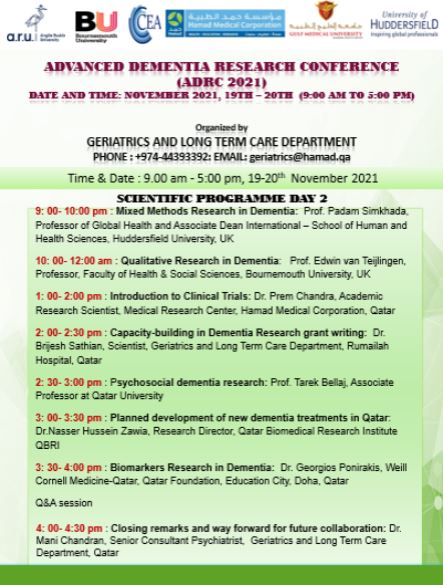
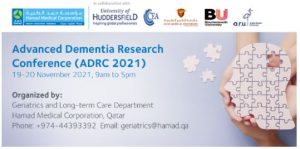
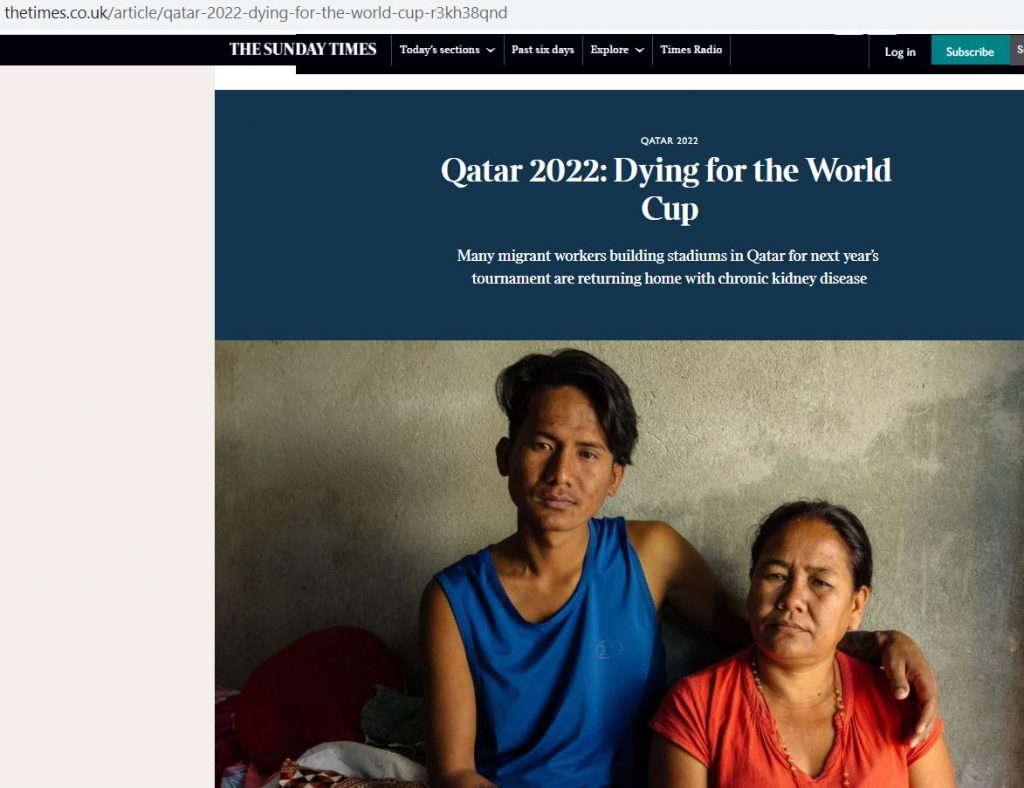

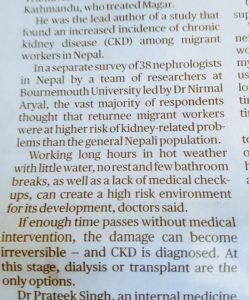
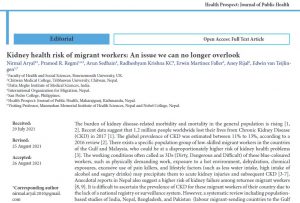
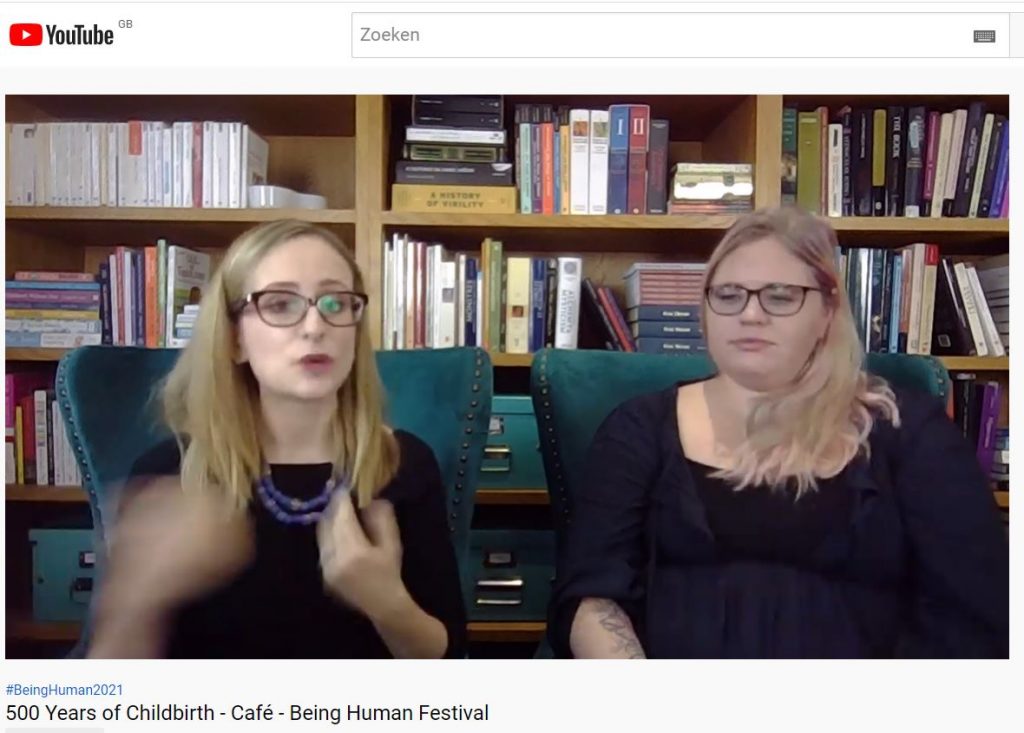
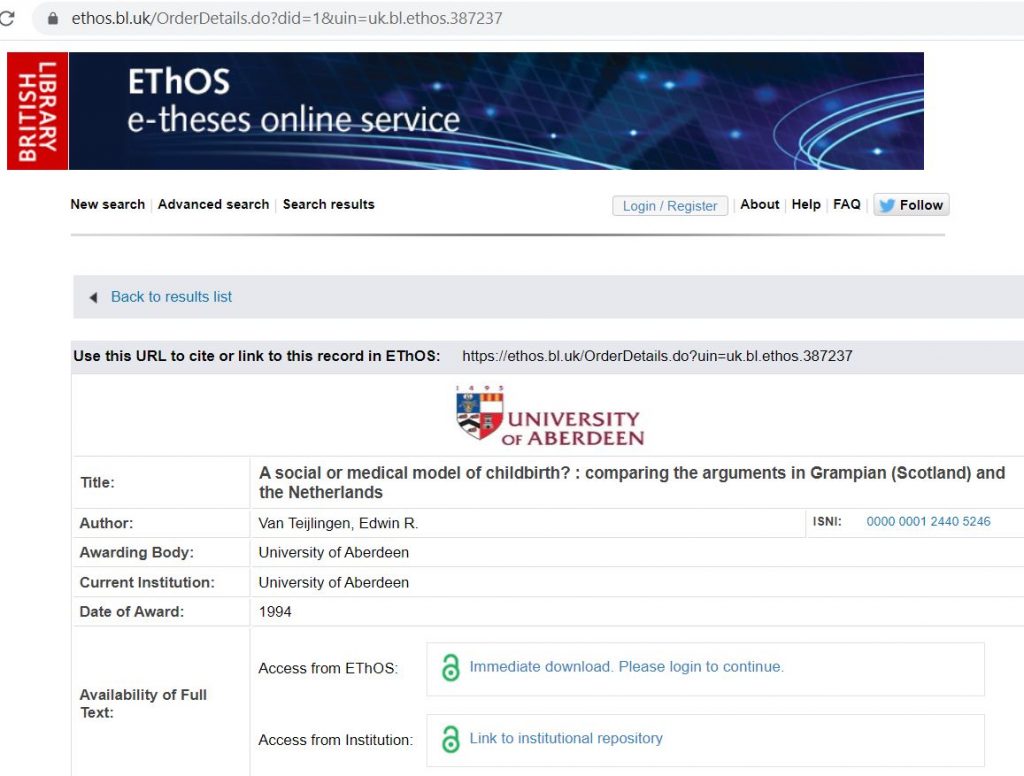
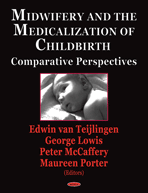
 This round slightly differs from previous rounds. Two options for ECRs are available – Standard Grants up to £5,000 that can be delivered before the end of July 2022 and Large Grants up to £10,00 for projects to be completed within 12 months. For more details, refer to the
This round slightly differs from previous rounds. Two options for ECRs are available – Standard Grants up to £5,000 that can be delivered before the end of July 2022 and Large Grants up to £10,00 for projects to be completed within 12 months. For more details, refer to the  Following links, you can find ACORN
Following links, you can find ACORN  Putting the ACORN Fund into strategic context, under BU2025, the following funding panels operate to prioritise applications for funding and make recommendations to the Research Performance and Management Committee (RPMC):
Putting the ACORN Fund into strategic context, under BU2025, the following funding panels operate to prioritise applications for funding and make recommendations to the Research Performance and Management Committee (RPMC):

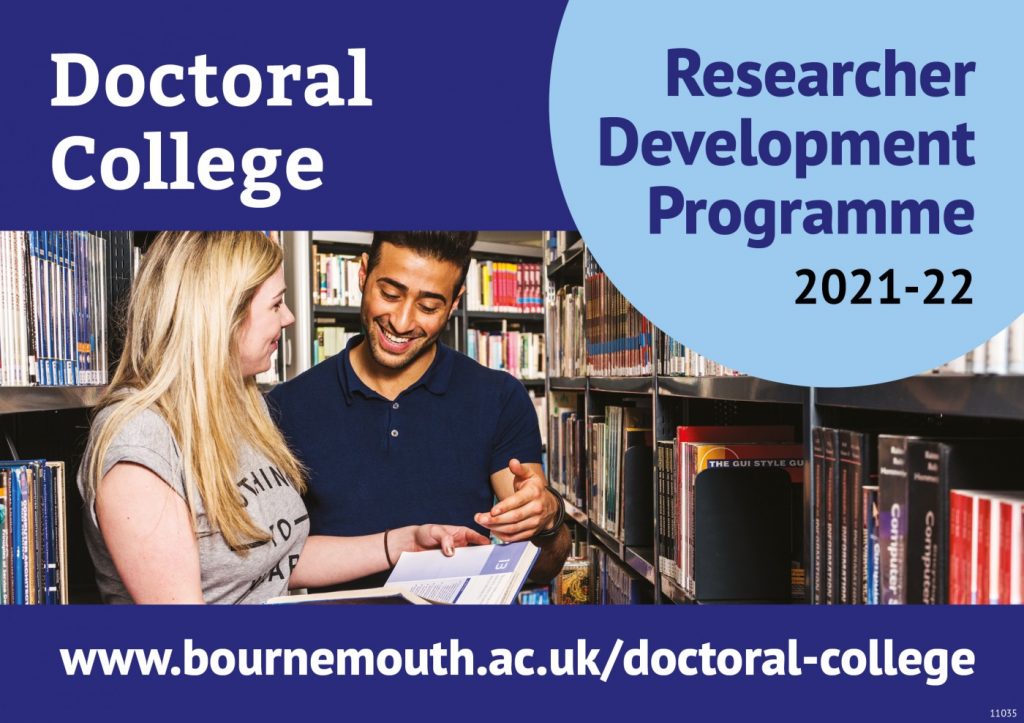 Postgraduate researchers and supervisors, hopefully you have seen your monthly update for researcher development e-newsletter sent earlier this week. If you have missed it, please check your junk email or you can
Postgraduate researchers and supervisors, hopefully you have seen your monthly update for researcher development e-newsletter sent earlier this week. If you have missed it, please check your junk email or you can 

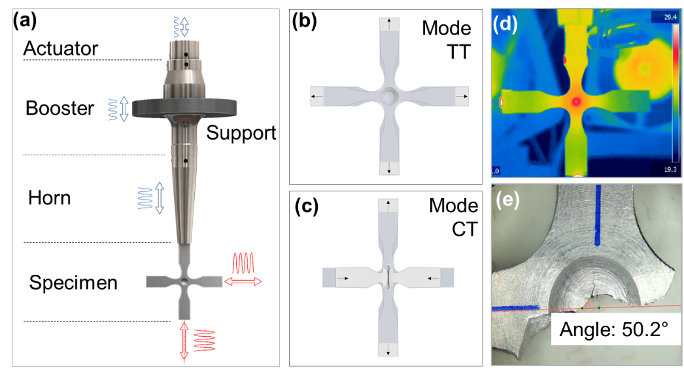
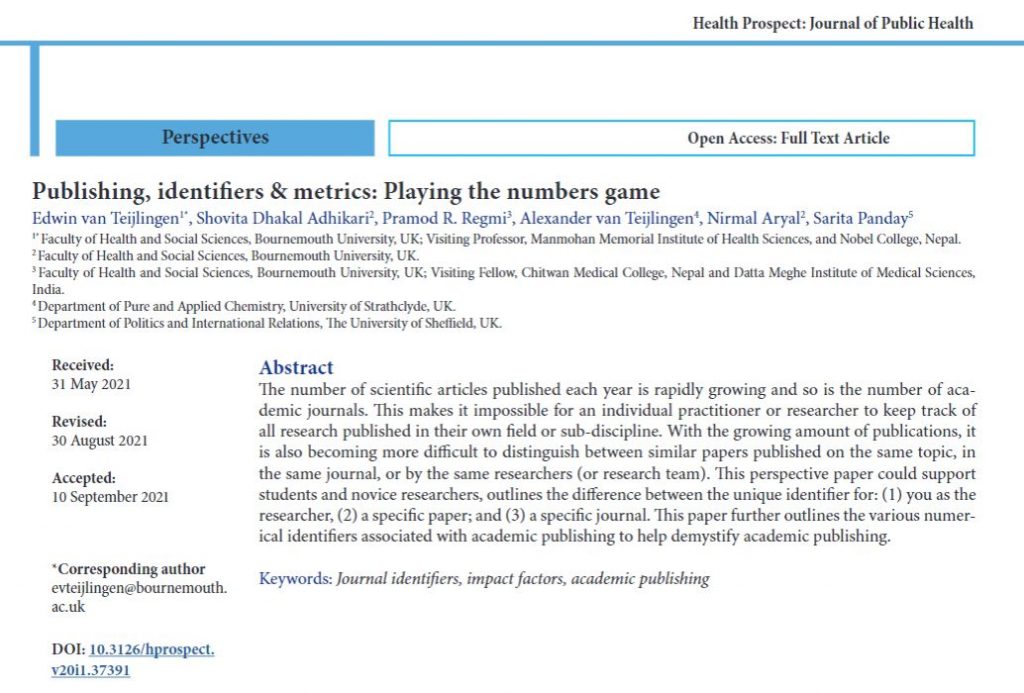















 New weight change BU paper
New weight change BU paper One week to go! | The 16th Annual Postgraduate Research Conference
One week to go! | The 16th Annual Postgraduate Research Conference Geography and Environmental Studies academics – would you like to get more involved in preparing our next REF submission?
Geography and Environmental Studies academics – would you like to get more involved in preparing our next REF submission? Congratulations to three former BU staff
Congratulations to three former BU staff MSCA Staff Exchanges 2024 Call – internal deadline
MSCA Staff Exchanges 2024 Call – internal deadline Applications are now open for 2025 ESRC Postdoctoral Fellowships!
Applications are now open for 2025 ESRC Postdoctoral Fellowships! Horizon Europe – ERC CoG and MSCA SE webinars
Horizon Europe – ERC CoG and MSCA SE webinars MaGMap: Mass Grave Mapping
MaGMap: Mass Grave Mapping ERC grants – series of webinars
ERC grants – series of webinars